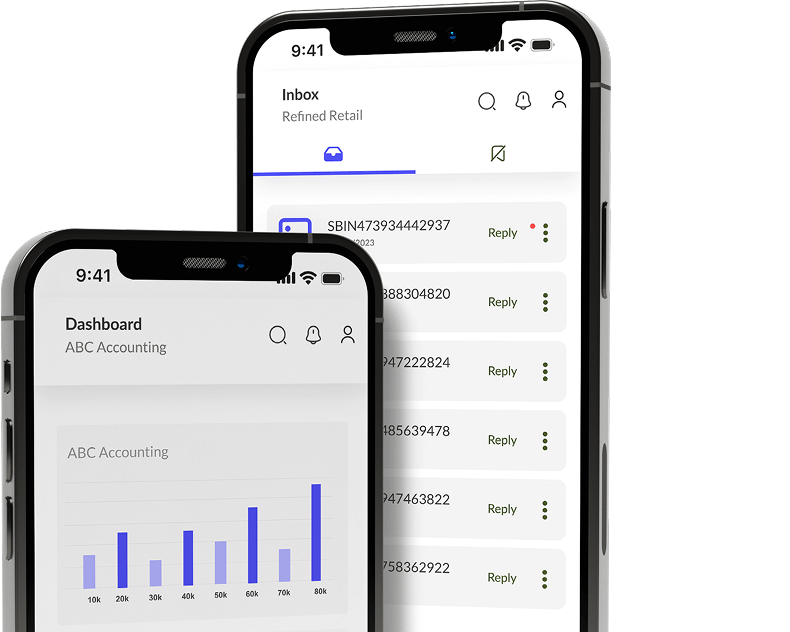When we think of scaling, we usually imagine it as a straight line: more customers means more employees: bigger teams, bigger offices, bigger payrolls. But history shows us that growth doesn’t always follow headcount. Some of the most successful companies in the world proved that you can grow massively without adding layers of people.
The power of staying lean
WhatsApp is the classic example. In 2014, it had around fifty employees, yet it was serving nearly half a billion users. Their strength was in creating a product and a system that could handle exponential growth without needing exponential manpower.
Instagram followed a similar path. When Facebook acquired it for a billion dollars, the team behind the app was just thirteen people. Their growth came from adoption, not from organisational expansion.
Basecamp has taken this philosophy even further. With fewer than sixty employees, they’ve served millions of users for decades. They believe that small teams can move faster, stay focused, and deliver more value than large, layered hierarchies.
And then there’s Stripe. Even while processing billions in payments worldwide, Stripe kept its teams lean. Instead of throwing people at problems, they invested in systems and designs that scaled on their own.
Why bigger isn’t always better
So why do some companies scale gracefully while others get stuck?
Because scale isn’t about size. It’s about building structures that can grow without breaking. Companies that do this well usually find efficiency before they expand. They build systems that hold up under pressure. They keep teams small enough to move quickly. And they train people to spend time on higher-value work rather than drowning in routine tasks.
This doesn’t mean hiring is bad. It just means more people aren’t always the solution. Sometimes the smarter choice is to make the most of the team you already have.
Scaling beyond the product
This idea doesn’t stop at products or tech. It touches every part of a business. Customer service feels it when more customers mean more tickets. Operations feel it when more sales mean more reporting. Finance feels it when more transactions mean more entries.
The old way was always linear: as volume grows, so must the team. But that way of thinking slows companies down, adds cost, and often creates new layers of friction. Modern growth asks for something different.
Where finance fits in
Finance is the clearest example of this shift. Traditionally, when companies grew, so did their finance teams. One person for invoices, another for bank reconciliations, another for reports. Growth meant more staff.
But what if the same small team could handle more without losing pace?
That’s where Accomation.io comes in. It takes over the repetitive work in accounting. It pulls data from invoices, bank statements, spreadsheets, and PDFs. It processes and cleans that data. And it pushes it directly into the accounting software.
The effect is simple. A small finance team can now handle the workload of a much larger one.
The new rule of scale
Some companies will keep struggling, growing their payrolls as quickly as their revenues. Others will scale smarter, building systems that allow small teams to deliver big results.
The choice is clear. You can grow by adding more people. Or you can grow by freeing the people you already have.
In finance, that freedom begins with Accomation.io.




